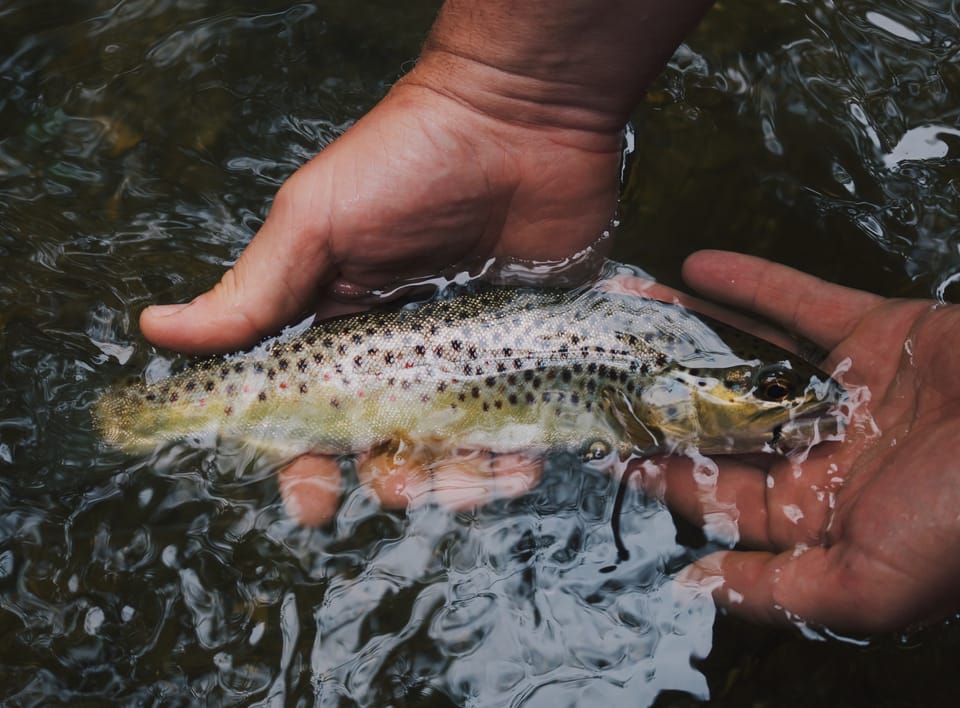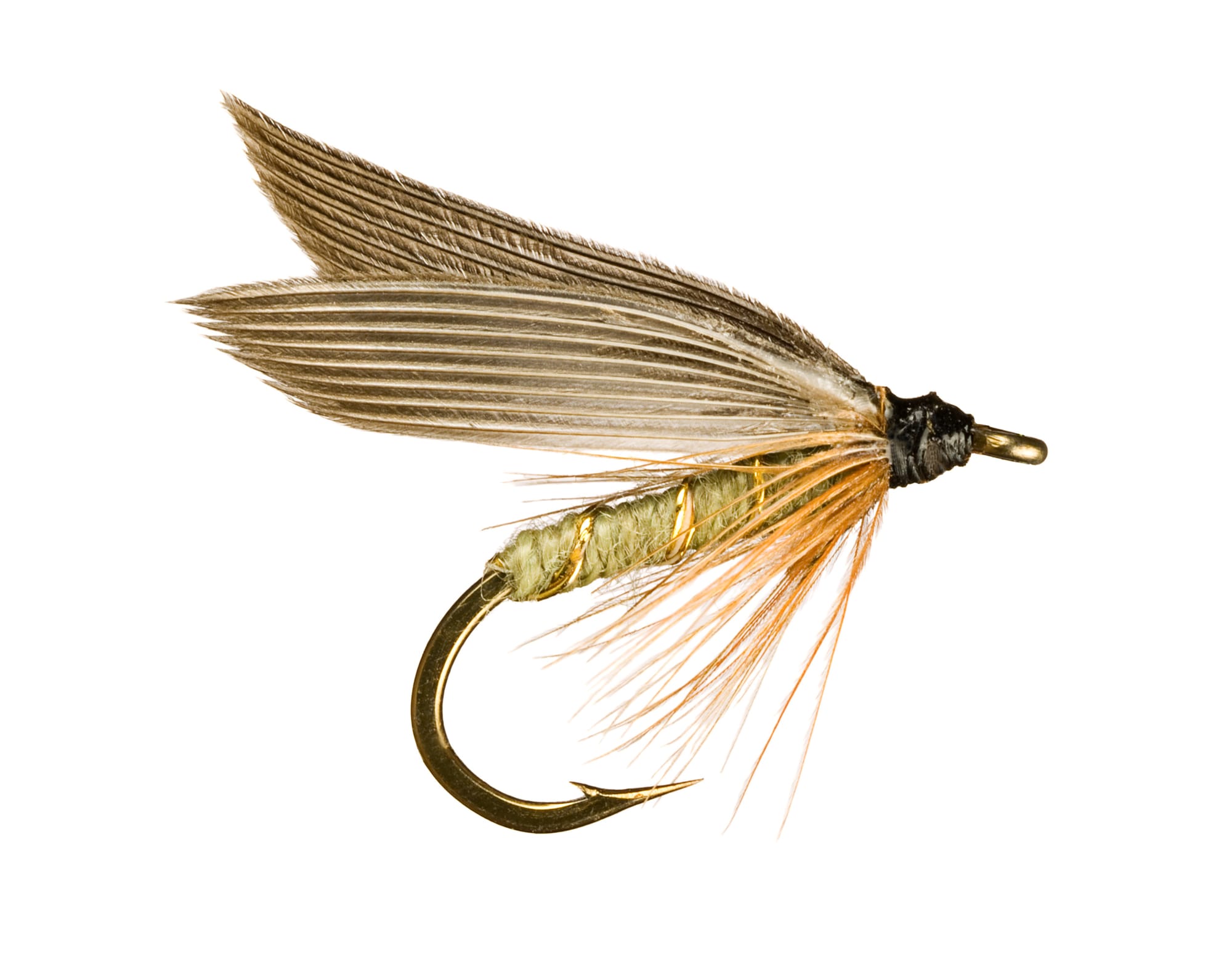Fly Fishing’s Role in Boosting Mental Well-Being

Every fly angler knows that catching fish is only part of why we engage in the sport of fly fishing.
“Why do you do it every weekend?” my wife asked me one winter morning.
“What?”
“Drive up to the Cowichan, freeze your toes, feet, ass, and hands off only not to catch fish.”
“I don’t know...I suppose I feel a little more like myself afterward.”
“As long as you enjoy it.”
New research highlights something fly anglers have known for quite some time: fly fishing is good for mental health.
A recent study published in the Journal of Epidemiologic titled “Mental Health and Recreational Angling in UK Adult Males: A Cross-Sectional Study” found that men who regularly took part in angling were less likely to report being diagnosed with depression and suicidal thoughts.
More generally, taking part in angling resulted in higher mental well-being and fewer depressive and anxiety symptoms compared to those taking part less regularly in the activity.
I’m not rehashing the study’s findings or critiquing the strengths and weaknesses of its methodology in this article; instead, I’d like to build on the study’s findings by offering a philosophical explanation for why fly fishing improves mental health.
Mental immersion
When you’re fly fishing, you must contemplate and address a multitude of environmental variables:
- What line do I use?
- What fly? — colour?
- What’s the temperature of the water? — the air?
- Where might the fish be holding?
- Is my swing slow enough? — too fast?
- What’s the tide doing?
Constant analysis is required, drawing the fly angler into the fishing experience, reducing the mental capacity needed to worry about your career, yard work, kids, partner, or if you used the right tone with the CEO in the email you sent her last week.
Of course, as you get better at the sport, your mental capacity increases and you may go on autopilot when you fish; however, fly anglers are driven by the need to improve, and there’s always something to learn. If you want to catch fish consistently, trust me, you’ll need to do a lot of thinking, testing, and adjusting techniques.
When you’re fly fishing and focused on catching fish, there is no past or future, only the present.
Vulnerability
When I returned to fly fishing a few years ago, my weekend adventures took me out of the city and into the country, where there was no cell reception or other services.
Trekking into the bush, I realized I was vulnerable and no longer at the top of the food chain. Grizzly, black bears, cougar, and wolves all live where I fish, and running into these animals is always a possibility, though rare.
At first, fishing around these animals caused anxiety to bubble up in my consciousness, and I’d jump at every snapped branch I heard behind me.
However, over time, my fear and anxiety subsided as I spent more time alone outdoors. What remained after these mental states declined, however, was an acute awareness of my surroundings at all times when I was fishing.
When I’m on the river, my senses are heightened, often drawing me into a meditative state. Like sensory immersion meditation techniques, my heightened awareness keeps me out of my busy thoughts and in a flow state, focused on the task: slayin’ chromers.
Solitude
German philosopher, Nietzsche argued that solitude was necessary for introspection and personal growth.
Not everyone can bear it or enjoy it, but those who do, he argued, reap benefits from time alone.
When I tell people I’m going fishing, often, they ask me who I’m going with.
No one, I usually reply.
“Oh.”
I’ve always found this response odd, but most people prefer to do activities with others in our North American culture. I love spending time with friends and family, but I also enjoy being alone and recognize the benefits of time apart from others.
We may struggle to be alone with our thoughts for long periods of time as we come face to face with ourselves, which can be challenging, especially when we don’t like what we find.
However, if we spend time observing ourselves, we may learn something about our thinking or behavior that we can change to improve our lives.
Additionally, like the big thoughts and ideas that emerge in the shower, fly fishing provides alone time for the integration of thoughts, ideas, and experiences. You may discover your next big idea while you’re flinging a fly through the air.
I agree with Nietzsche that time alone can yield great insight about oneself; however, finding time for this is challenging in our connected world.
Fly fishing provides a good excuse for people to disengage and detach from their phones, people, and anything else keeping their minds busy so they’re not required to truly think.
New research and commentary continue to emerge about the benefits of fly fishing to mental health.
The purpose of this article was to contribute to this discussion and highlight why fly fishing may help us become happier, more well-adjusted people. Fish on, folks.
